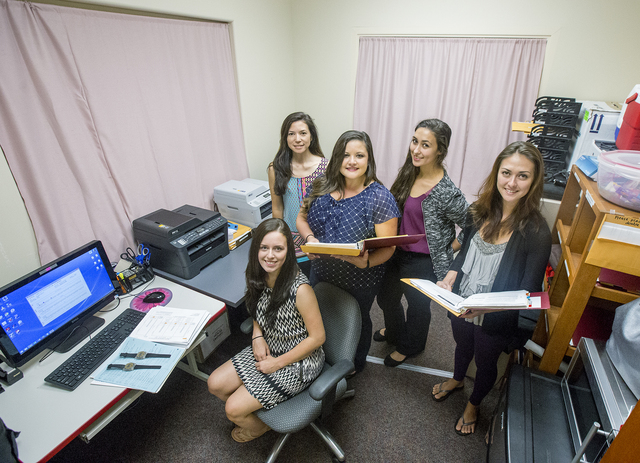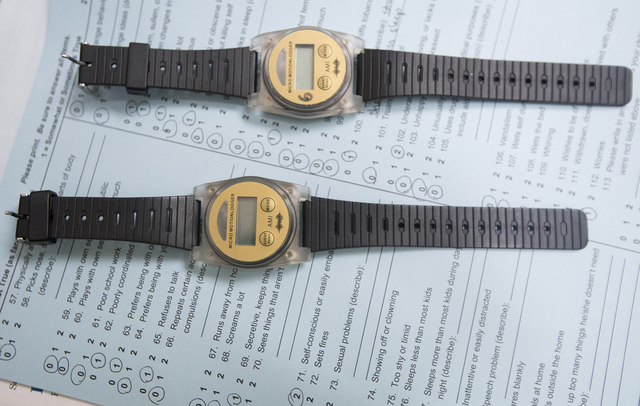A team at the University of Hawaii at Hilo is closing in on the final stages of data collection for a three-year study investigating the effects of deployment on military families.
Recruiting participants for the ‘Ohana Heroes project has been a surprising challenge to researchers, but UH-Hilo principal investigator Charmaine Higa-McMillan, an associate professor of psychology, said she hopes to wrap gathering data in the next six months.
“We are moving right along,” she said.
Funded by a $2.7 million grant from the U.S. Department of Defense, the study includes three sites: UH-Hilo, the University of Houston, and the University of Central Florida.
UH-Hilo received $584,356 of the total grant package. Its efforts involve families on Hawaii Island and Oahu.
Each university team looks at three control groups in addition to the main military family. They also are studying military families with no deployed parent, civilian families with two parents at home, and civilian families going through a recent separation or divorce.
At the Houston and Orlando sites, a fifth group was added to investigate effects of deployment on non-military families. In Houston, for example, parents who work for oil companies deploy to oil rigs for extended periods.
“We decided not to do that here because we didn’t think we have enough access to (that group),” Higa-McMillan said.
Though it was easy to find participants for the non-deployed military family group, Higa-McMillan said it was far more difficult to finding civilian families going through separation or divorce.
“We’re still trying to figure out how to reach those families, since it’s a sensitive time,” she said. “We certainly want to respect the challenges they’re going through.”
She said the group is looking for 30 more participants from that group, and 17 from the deployed military families group.
Researchers were initially interested in establishing prevention and intervention programs for military spouses and children, who
can experience significant degrees of stress when a family member deploys.
The Department of Defense sought more evidence of how this stress manifested before it created new programs.
“There had been some studies, but they hadn’t been well-controlled,” said Higa-McMillan. “If we better understand the needs, we can tailor the intervention (programs).”
The research team begins with a diagnostic interview, and then tracks biological changes in stress levels.
Participants wear a motion-tracking wristwatch to determine how sleep patterns might change during deployment. Sleep quality tends to be diminished when a person is stressed.
Higa-McMillan said some teenage participants were less enthusiastic about wearing the wristwatch, since it was designed with science, not fashion, in mind.
Families with children age 7 to 17 were invited to participate.
In addition to sleep activity, cortisol levels are measured via saliva samples, which are sent to Houston’s labs to be analyzed. Higher levels of the hormone indicate higher stress levels.
“It is a lot of variables,” Higa-McMillan said.
Because of the uneven sample sizes, the universities haven’t begun to analyze or make comparisons in the data sets.
Though the grant runs through 2016, Higa-McMillan said results may be delayed because of Houston and Orlando’s new study group.
“The more numbers we have, the better we’re able to look at all these little things,” she said.
Email Ivy Ashe at iashe@hawaii
tribune-herald.com






